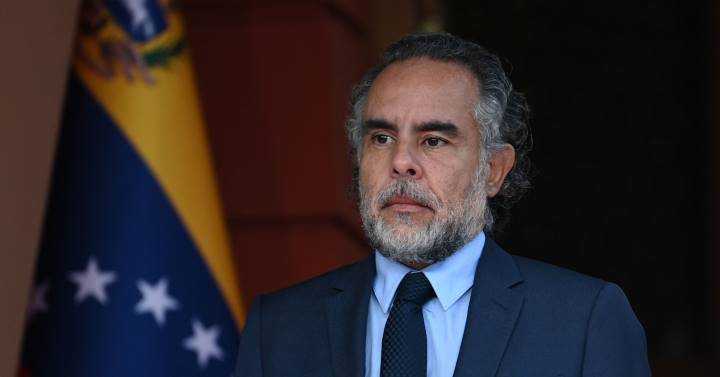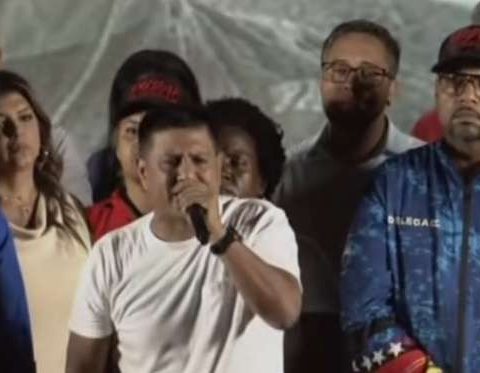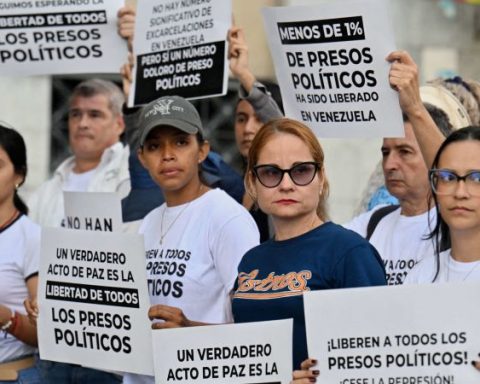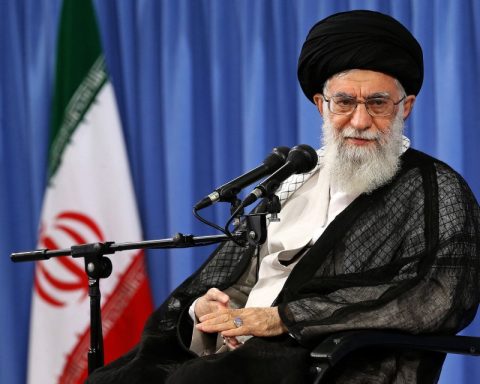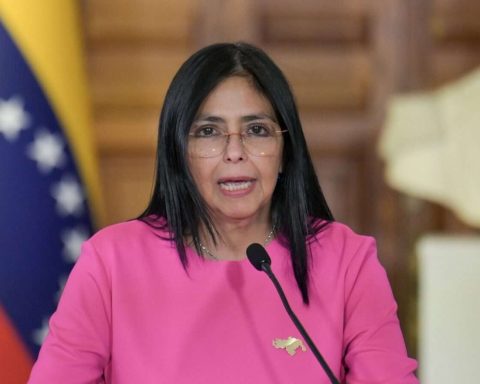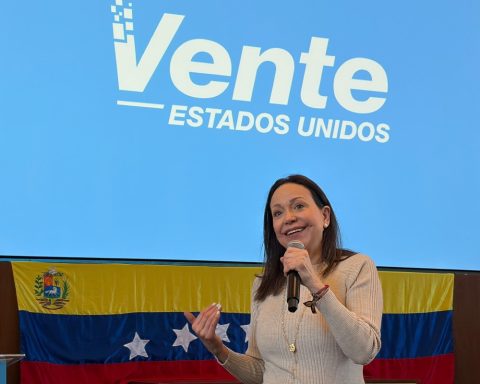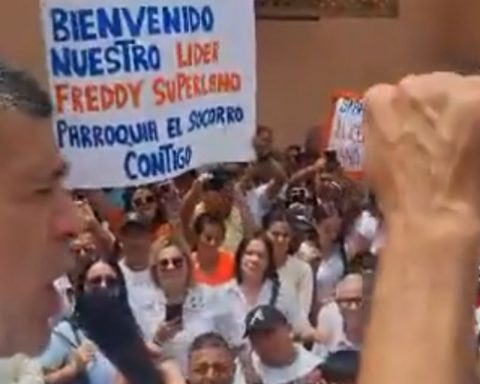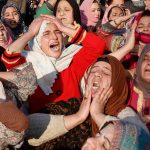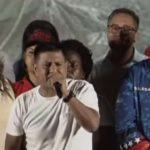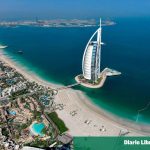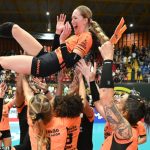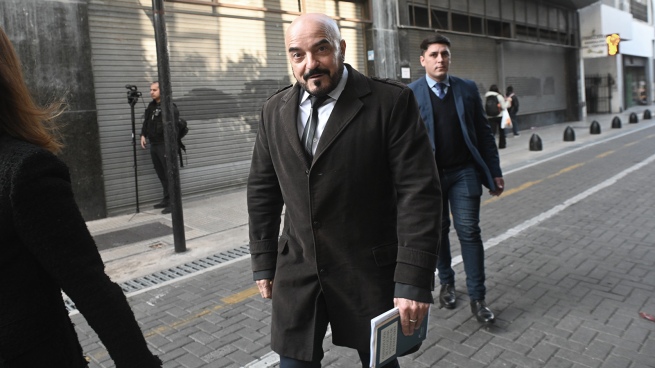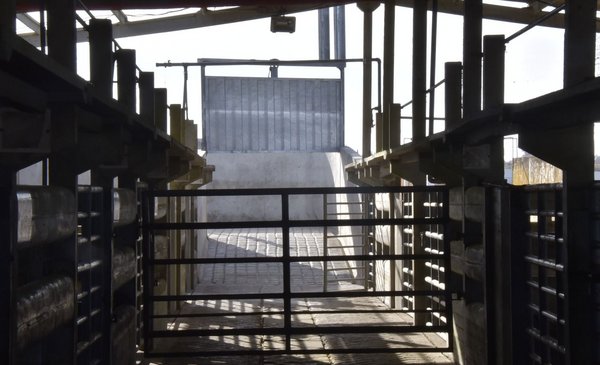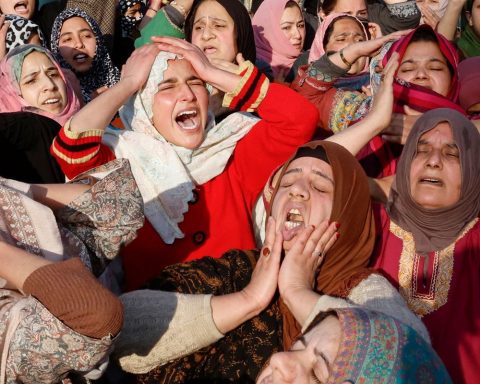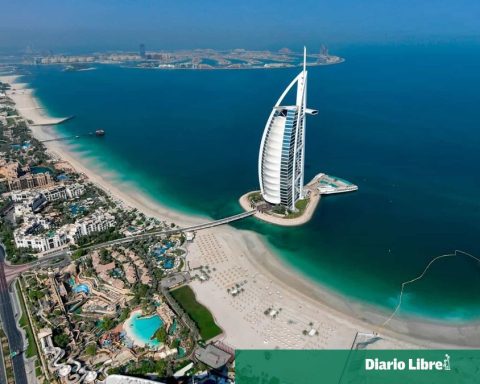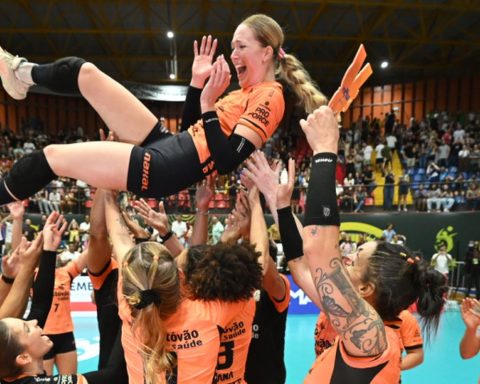The Colombian ambassador to Venezuela, Armando Benedettirevealed, in an interview with Efe, that the state petrochemical company of the Caribbean country Monómeros —located in the Colombian city of Barranquilla— will be managed by the board of directors registered by President Nicolás Maduro, after more than three years controlled by the opposition Juan Guaidó.
After several weeks of speculation about the control of the subsidiary of Petróleos de Venezuela (PDVSA) in the neighboring countrythe ambassador assured that the decision has been made and that the only option is for it to return to the hands of the Maduro government, since he is the president that Petro recognizes. Unlike his predecessor, Iván Duque, who identified Guaidó as “interim president.”
“President Petro, by recognizing Maduro, recognizes that the owner is the Venezuelan Government. That has brought some complications with the United States, but he always told the United States, its ambassadors and economic advisers (…) that Monomers will be returned to Venezuelain accordance with our regulations,” said Benedetti.
The diplomat – who prefers to be defined as a politician, since the ambassadors seem to him “silly guys” – reiterated that Monomers will not be a problem in Colombia’s relations with Venezuela, but on the contraty”.
EXTRADITION OF OPPOSITORS, THE OTHER ACHILLES HEEL
There are numerous opponents who left the neighboring country and settled in Colombia in the face of what they consider a political persecution of the Government of Maduroa situation that has led the vice president of the ruling United Socialist Party of Venezuela (PSUV), Diosdado Cabello, to publicly express his desire that be extradited to stand trial in their country.
But Cabello, who said they are claimed by the Venezuelan Justice, did not explain the crimes attributed to them. At his request, the Colombian president responded immediately through his Twitter account: “Colombia recognizes the right to asylum and refuge.”
Eight clear and forceful words that prevented the topic from going further, and that Benedetti applauded, and This is how he transmitted it to the Chavista himself during his first visit to Venezuelawhich began last Sunday and ends this Wednesday, while waiting for the facilities of the Colombian legation to be enabled to work, after more than three years without activity.
“I spoke with him (Cabello) and told him: you have to put yourself in an optimistic languageLet this be joy, let it be carnival, leave the negative phrases. Petro answered him very well, that anyone who applied for political asylum would have the guarantee (…) we are going to respect the legislation. No (…) to restore diplomatic relations, we are going to extradite all those they want, “he explained.
THE ANXIOUS REOPENING OF THE BORDER
One of the issues that both Petro and Maduro addressed as soon as the Colombian president proclaimed himself the winner in the presidential elections was the reopening of the long border —more than 2,200 kilometers—, closed to vehicular traffic since 2015. However, There is still no set date to fulfill the promise to open transit.
For Benedetti, it is not as complex an issue as for Maduro, who, According to the diplomat, it places obstacles that Colombia does not pose.
himself, he explains. he proposed to the Venezuelan president “that people spend (from one country to another) only with the ID. Just like what happened when the world fell in Berlin, whoever presented their ID passed.”
But Maduro insisted that “it go more slowly” and expressed concern about drug trafficking. Benedetti, not satisfied with the answer, reiterated: “I am going to try to insist.”
For the full commercial opening that has a significant impact on the economy of both nations, The ambassador considers that several months must passand later, to implement “a special economic zone”, tax exemptions and “that allow Colombia to invest in border municipalities of Venezuela” with various infrastructures, “such as a school, a bridge, a hospital”.
COLOMBIANS IN VENEZUELA, THE PRIORITY
Benedetti explained that the priority is Colombians living in Venezuela, who although “Maduro says that there are six million, it is four million.”
He is concerned about their lives, how they came to the country, how they crossed the border, if they passed through the hands of some mafia, passage through the trails (illegal border crossings), drug trafficking, sexual protection of women. Given the complex situations they have gone through, it is clear: “The first thing is that, my compatriots.”
And, although until now he has not had the opportunity or time to have direct contact with them, he is clear that it is the first question that must be addressed when he settles definitively in Caracas.
But, so that Colombians in Venezuela can receive the attention that Benedetti intends to provide them, it is necessary to enable the residence of the ambassador, the consulate, the embassy itself, because “there is nothing”, after abandoning for more than three years.
MEETING BETWEEN MADURO AND PETRO IN OCTOBER?
After the media reported that Maduro and Petro would have their first meeting in Octoberusing Benedetti himself as a source, clarified: “It was a proposal of mine”, which does not mean —he clarified— that it will happen.
In addition, he specified that any meeting or relationship in the future It has nothing to do with more or less related ideologies, rather, relations are established “from State to State”, regardless of whether or not they coincide in political tendency.
“It is not true that the affinity is made by ideology, as everyone tries to say. Here the relationships are basically made because there are eight million Colombians who have screwed up (affected by the binational relationship),” he stressed.
Again, he recalled that there are “four million here (Venezuela)” and many others who are affected, directly or indirectlynegatively, if relations between nations are bad, something that – he insisted – should not happen with “brother” countries, even if they are not on the “same plane”.
And as Benedetti himself made clear as soon as the interview began, he is a politician and will do politics from his new position as ambassador.
